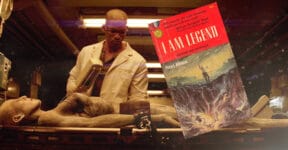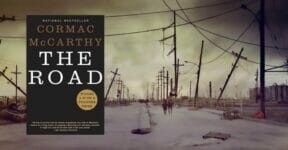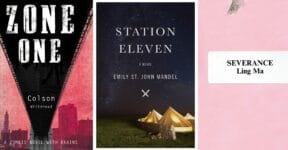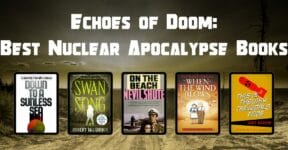Apocalyptic and post-apocalyptic fiction has captured the imagination of readers worldwide. While the dystopian subgenre often reflects specific cultural or political contexts, universal themes of survival, morality, and the human spirit resonate across borders. In this blog, we’ll survey acclaimed apocalyptic literature from around the world.
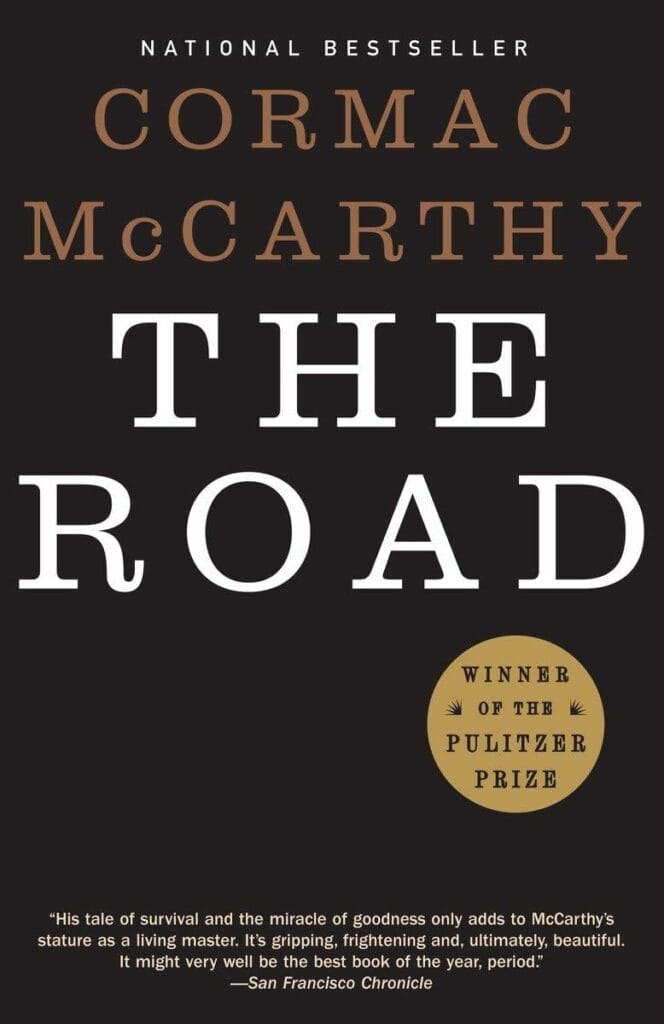
The Road by Cormac McCarthy (United States)
Cormac McCarthy’s 2006 novel depicts a father and son traversing a bleak, ash-filled landscape after an unspecified cataclysm. The stripped-down prose and profound exploration of good versus evil in desperate times have drawn comparisons to fables. It won the Pulitzer Prize for fiction.
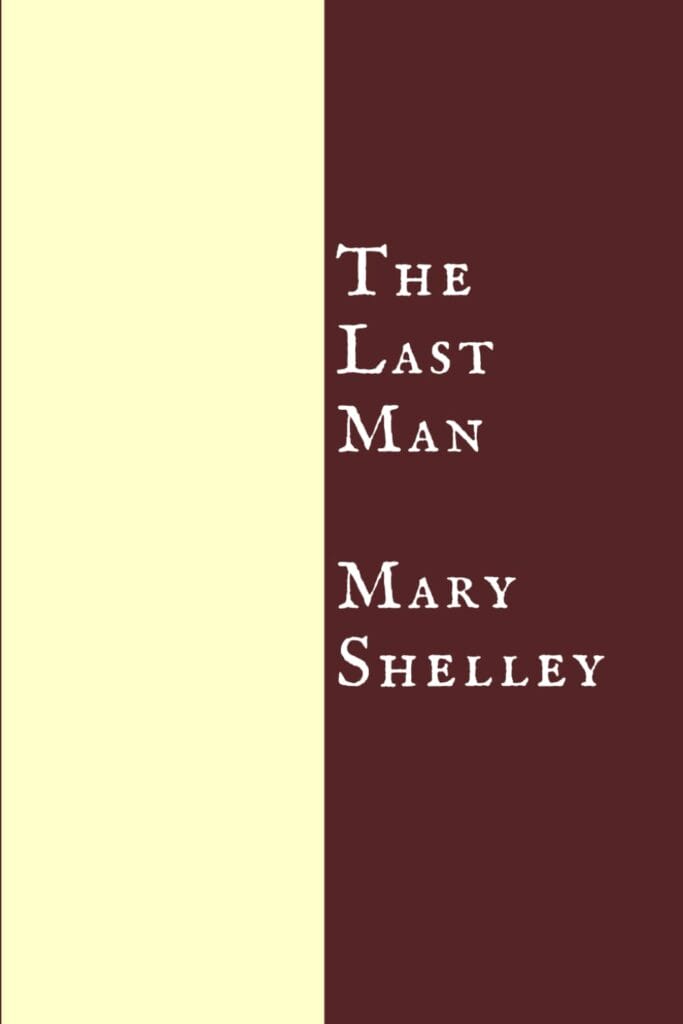
The Last Man by Mary Shelley (England)
This 1826 novel by Frankenstein author Mary Shelley chronicles a 21st-century plague that steadily wipes out humanity. Shelley combines sci-fi and political analysis in the world’s first modern apocalyptic novel.
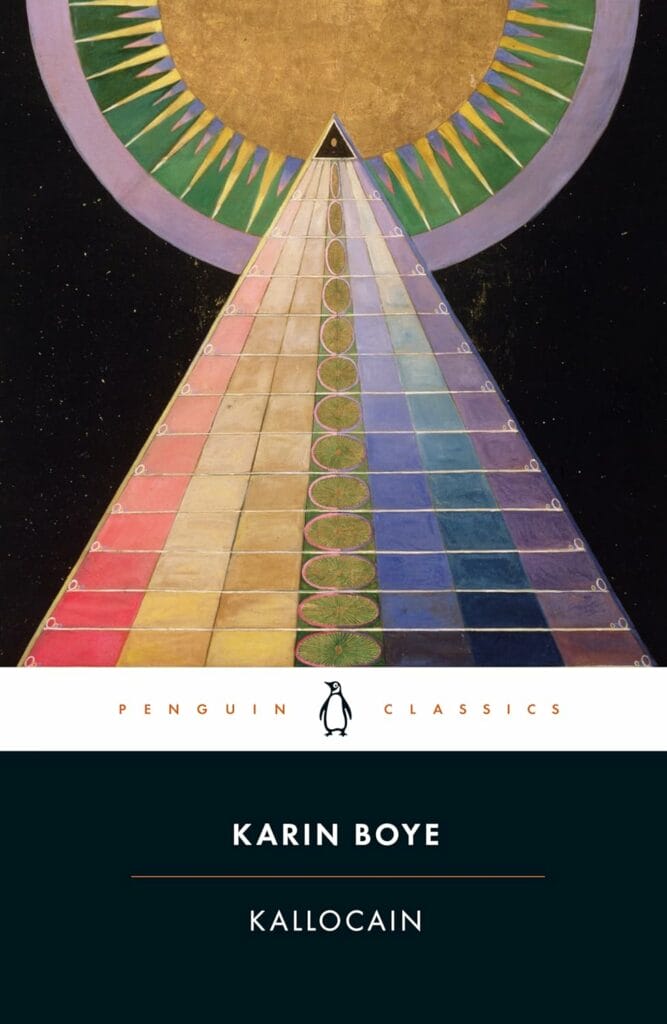
Kallocain by Karin Boye (Sweden)
In a 1940 novel by Swedish poet Karin Boye, Kallocain is set in a dystopian world state that has perfected a truth serum. The book examines totalitarianism and was an early influence on dystopian fiction.
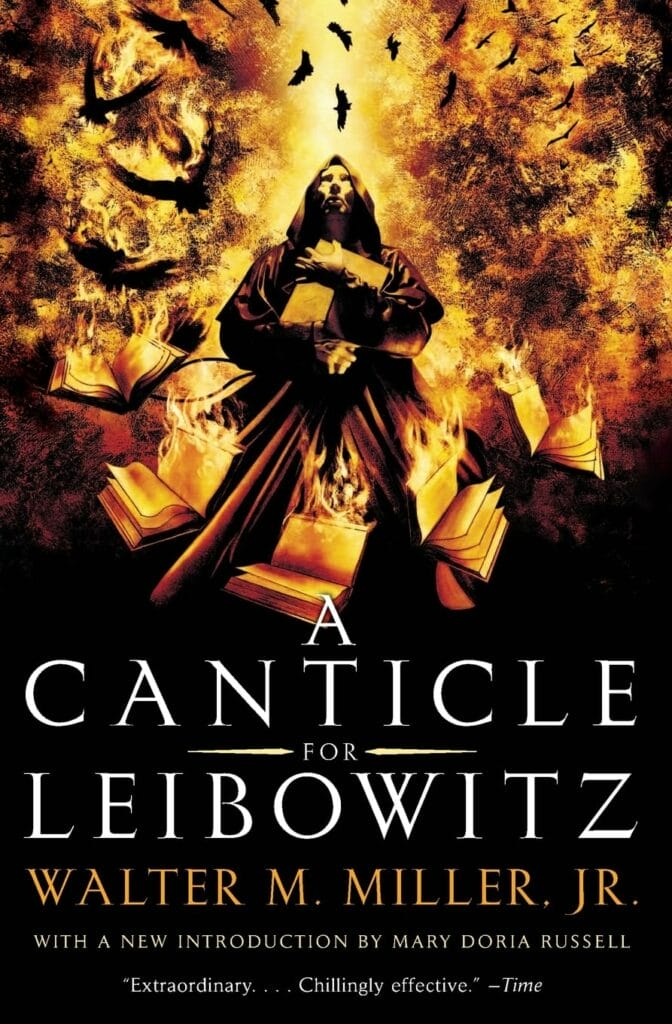
Canticle for Leibowitz by Walter M. Miller, Jr. (United States)
This post-nuclear apocalypse novel spans thousands of years, chronicling humanity’s efforts to preserve and rebuild civilization after nuclear war destroys the world. The multilayered 1959 novel examines religion, knowledge, and human purpose.
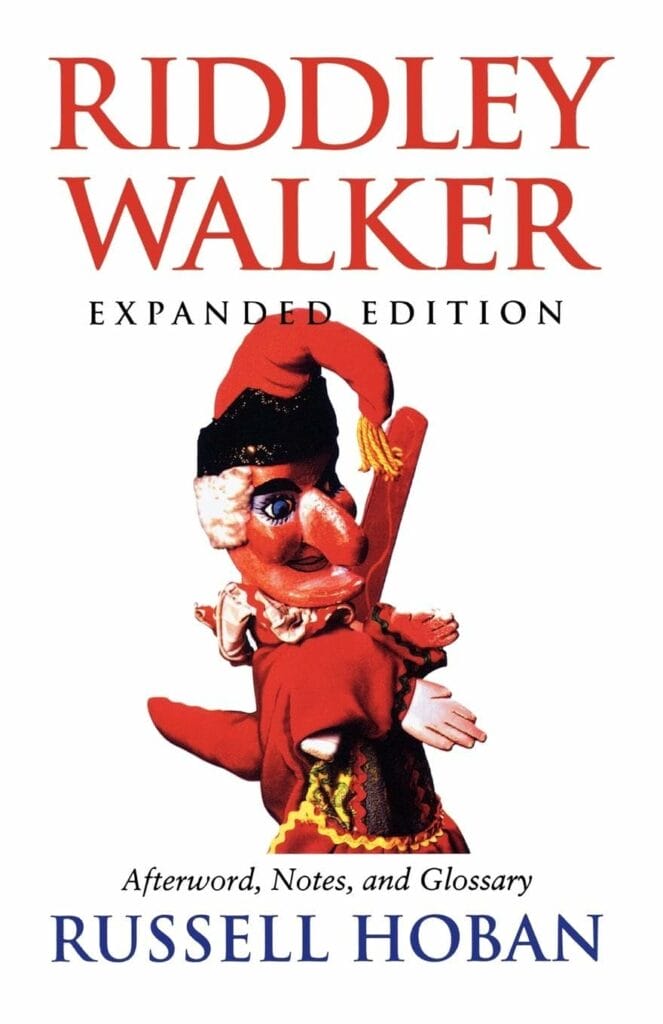
Riddley Walker by Russell Hoban (United States)
Hoban created an immersive and singular world in this 1980 post-apocalyptic novel. After a nuclear war, civilization has regressed to an Iron Age culture whose language has degraded into a curious dialect that draws readers in.
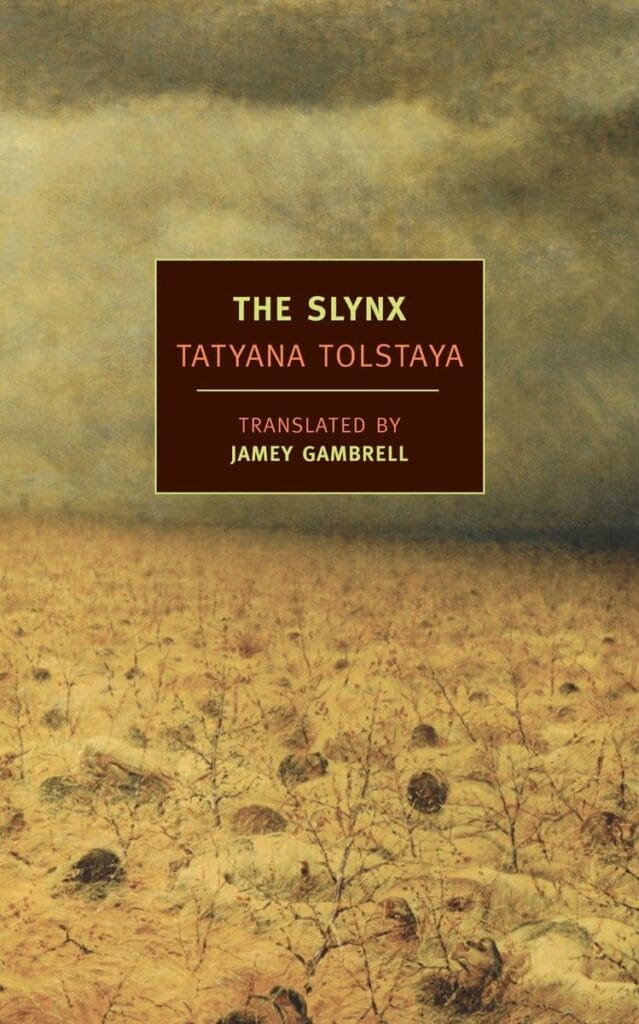
The Slynx by Tatyana Tolstaya (Russia)
Tolstaya’s dystopian satire is set centuries after a nuclear blast. In a warped society where books are banned and mutants run amok, a man named Benedikt embarks on a quixotic quest for forbidden knowledge. The acclaimed 2003 novel showcases Russian absurdist traditions.
Other Notable Works:
– On the Beach by Nevil Shute (Australia)
– Malevil by Robert Merle (France)
– ThePurple Cloud by M.P. Shiel (England)
– Now Wait for Last Year by Philip K. Dick (United States)
– Forest of the Dead by Intizar Husain (Pakistan)
This global sampling reveals the universality of apocalyptic and dystopian visions across cultures. While specific sociopolitical contexts may inspire these works, core themes of survival, morality, human nature, and our relationship to technology resonate worldwide. The subgenre continues to evolve and reflect humanity’s hopes and fears for the future.
What are some of your favorite apocalyptic works from around the world? Share your thoughts in the comments!
Other things you might want to know:
What is the first apocalyptic novel?
The Last Man (1826) by Mary Shelley is credited as the first modern form of apocalyptic literature (novel) in the English language. A prose poem entitled Le Dernier Homme (English: The Last Man) was published in 1805, and written by Jean-Baptiste Cousin de Grainville.
What is the greatest apocalyptic novel?
There is no one single greatest apocalyptic novel of them all, but you probably have come across some strong contenders such as:
· The Day of the Triffids (1951) by John Wyndham
· I Am Legend (1954) by Richard Matheson
· Station Eleven (2014) by Emily St. John Mandel
· A Canticle for Leibowitz (1960) by Walter M. Miller, Jr.
· Oryx and Crake (2003) by Margaret Atwood
· The Stand (1978) by Stephen King
· The Road (2006) by Cormac McCarthy
· Parable of the Sower (1993) Octavia Butler
Recommended apocalyptic and post-apocalyptic films:
· La Jetée (1962)
· The War Game (1965)
· A Boy and His Dog (1975)
· Dawn of the Dead (1978)
· Time of the Wolf (2003)
· Children of Men (2006)
· WALL-E (2008)
· Snowpiercer (2013)
· Mad Max: Fury Road (2015)
Some movies blend the apocalyptic and post-apocalyptic genres into the work, partly to avoid it being categorized as a disaster film.
Check out other articles by month:


